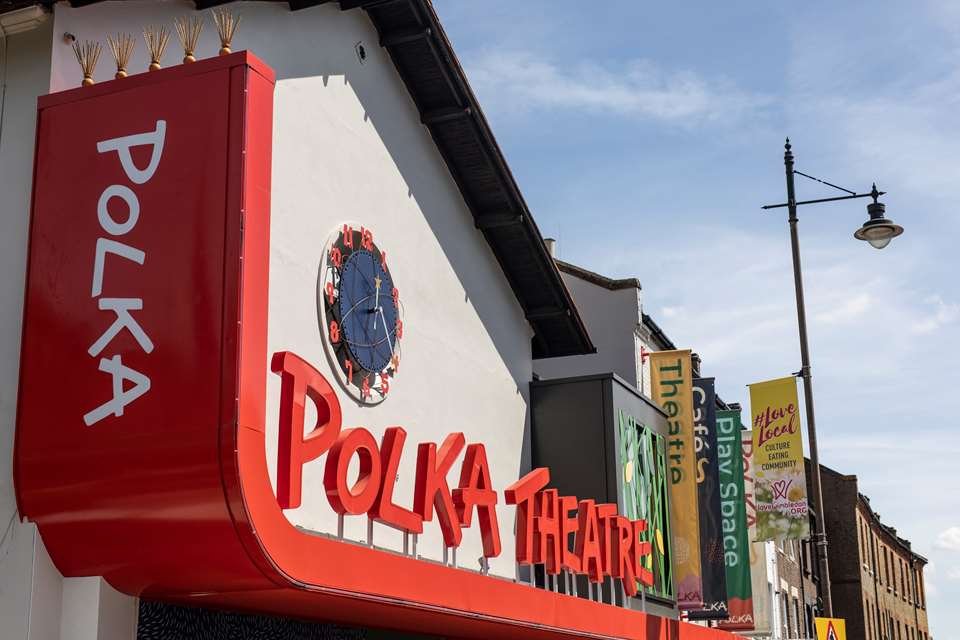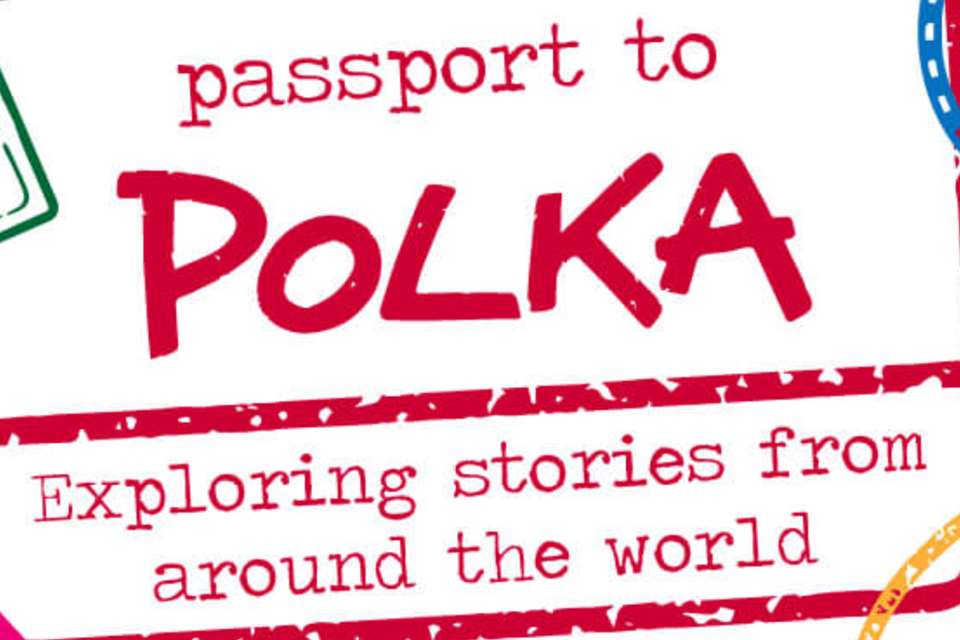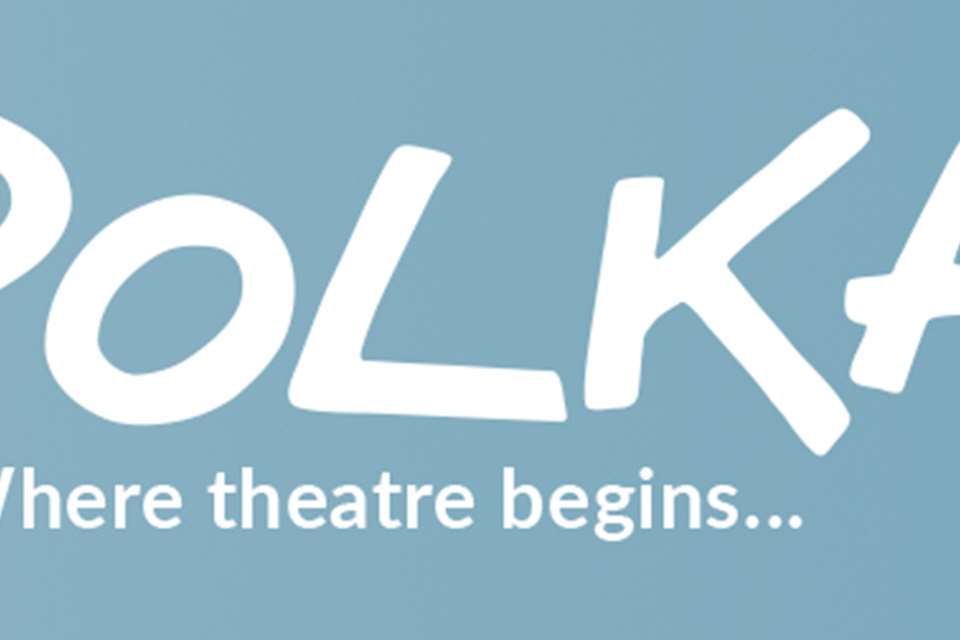The play area: Polka Theatre
Nick Smurthwaite
Friday, October 1, 2021
As the UK's first theatre designed for children up to age 12, Wimbledon-based Polka Theatre are creating learning activities and family shows for their local community. Nick Smurthwaite speaks to the company about their newly renovated venue and new season of productions
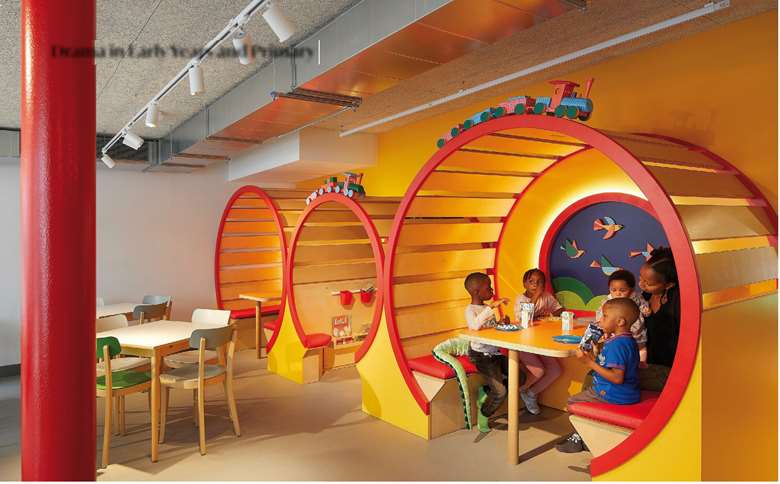
Hufton + Crow
If theatregoing is a habit, it is one that many of us have all but lost over the past 18 months. Advance bookings for pantomime have worryingly depleted, and producers are no longer counting on long runs for what would have been sure-fire hits under normal circumstances.
For the Polka Children's Theatre in South-West London, the challenge of bringing back audiences is greater than most. The theatre closed for a major refurbishment two and a half years ago and, although they continued to tour shows in the Wimbledon and Merton area when they were able, many of their regulars will have ‘moved on’ or, worse still, assumed the Polka had closed down.
In fact, the Polka is now bigger and better than ever, having undergone an £8.5m makeover that includes a smart new entrance and box office area, a spacious new café, a toyshop, new play areas, a studio theatre seating 100, a large rehearsal space, a learning centre, wardrobe and prop-making workshops, and a ‘sensory garden’ dedicated by the Wimbledon Foundation.
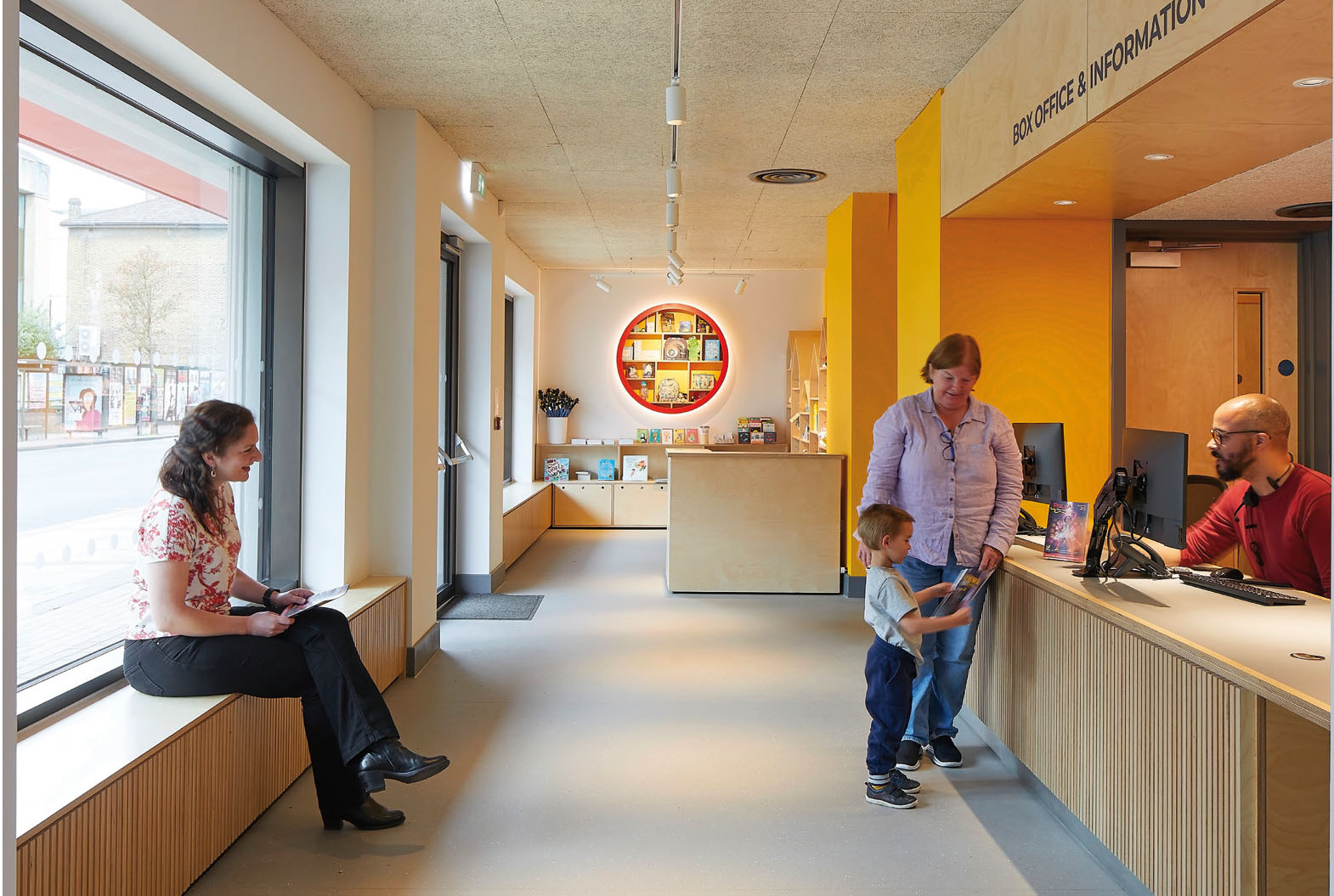 ©Hufton + Crow
©Hufton + Crow
A fresh season
Artistic director Peter Glanville and his team have been busy setting up a Covid-safe opening season that kicked off with the multimedia promenade show, Red, in September, performed by hearing-impaired actors using sign language, and continues with a very twenty-first century take on Cinderella, with music by hot young composer Felix Hagan, until the end of January. Glanville tells me body positivity is one of the main themes of Sarah Punshon's radical reworking.
At the time of writing, theatres are not legally obliged to implement socially distanced seating, but Glanville says he intends to put on some socially distanced performances of Cinderella: The Awesome Truth, for those ‘who are nervous about coming back to the theatre.’
Like other venues all over the country, Polka had to cease all its public activities in March 2020 when the first lockdown was imposed. ‘Suddenly we were in a world of zoom meetings and virtual workshops,’ says Glanville. ‘One of the positives for me was how generous the sector was. It was actually a great leveller. I found myself in meetings with people I wouldn't normally get to meet. That sharing of knowledge as we all worked our way through the fog of lockdown was comforting.’
Polka's history
Polka was founded as a puppet-based touring company in 1967 by Richard Gill who ran the company for 21 years. After a lengthy fund-raising campaign, in 1979 it was able to transform an unused church hall into a designated 300-seater children's theatre a few hundred yards from Wimbledon Theatre, just outside the town. It was the country's first theatre exclusively for children and Gill, who clearly had a good eye for design, made it an attractive, friendly and exciting place to visit. The café, for instance, consisted of a series of stylised, child-sized railway carriages – always a popular lure for my kids.
Once established in its own space, the company quickly expanded, working with writers, directors and puppeteers on a range of productions, including some shows aimed at the under-fives, performed in their studio space – known as the Adventure Theatre – where the formal barriers between performers and audience were mostly ignored.
Gill was succeeded by Vicky Ireland who raised the bar in terms of the ambition and reach of Polka's output, bringing in writers like Jacqueline Wilson, Alan Ayckbourn, Philip Pullman and Malorie Blackman. In 2001 she appointed a director of New Writing and introduced a New Writing Programme.
‘A community hub’
Polka received the Vivien Duffield Theatre Award in 1994 which enabled Ireland to introduce the pioneering audience development initiative, Curtain-Up, which offers free tickets (through schools) to disadvantaged children who wouldn't normally have the opportunity to go to the theatre. The scheme has enabled many thousands of children to experience Polka's magic. They were also recipients of the Eleanor Farjeon Award in 2015, for services to children's books.
One of Peter Glanville's proudest boasts today, following the refurb, is how sustainable and environmentally friendly the new building is. There are solar panels on the roof, improved thermal efficiency, and LED lighting throughout. In the running of the building, as well as in its programming, Polka seeks to lead by example.
Laura McEwan's imaginative, nature-inspired designs and installations jump out at you as you walk around the open plan ground floor, giving it the feel of a gallery or a primary school for artistically gifted children. There is a dressing up area in the spacious playroom where children are invited to explore their imaginations.
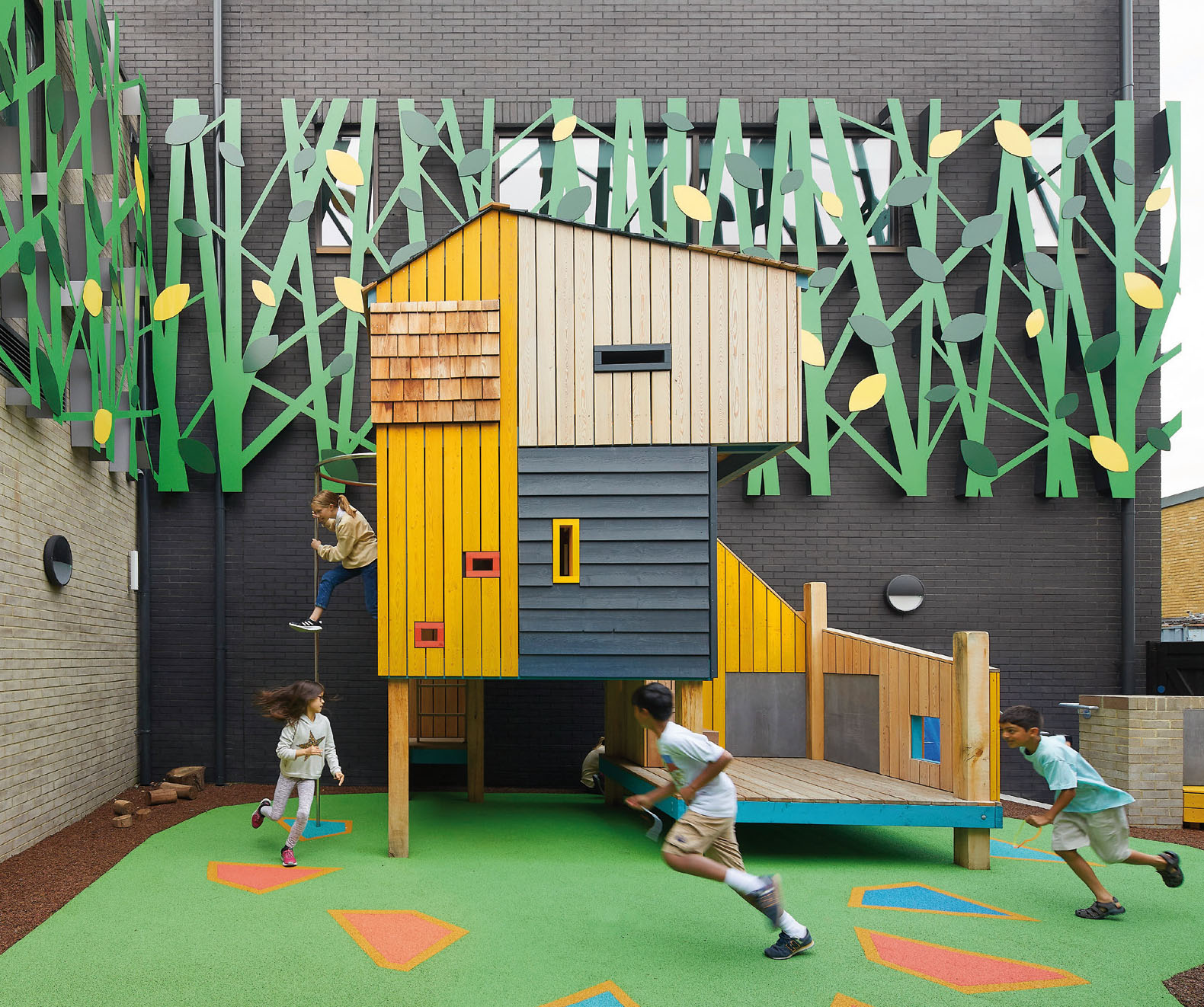 ©Hufton + Crow
©Hufton + Crow
Glanville says, ‘We want Polka to become a community hub where people feel they can come in and have a coffee and know their children are going to be safe. Our ethos is all about helping children to navigate their place in the world.’
To top off the grand reopening, Dame Judi Dench and Jamael Westman have become patrons of the theatre. Westman, the first actor to play Alexander Hamilton in the West End reports seeing children ‘explore, discover and express themselves' at the Polka in a way that ‘was palpably exciting and joyous.’
‘Just like adults, children deserve the best theatre, and that is exactly what Polka does,’ says Dame Judi, ‘I am incredibly passionate about the wonderful, positive impact that theatre can have on our lives and it is so important that starts from childhood. Theatre opens doors to new worlds, gives flight to imagination and brings stories of all kinds to life. Polka inspires and brightens children's lives, rousing their imaginations to run wild. The new building will make sure Polka can keep making extraordinary theatre so children can continue to dream in bright colours. It is a place where children feel safe to be whoever they want to be and, most importantly, it is open to every child and family to experience and take part.’


